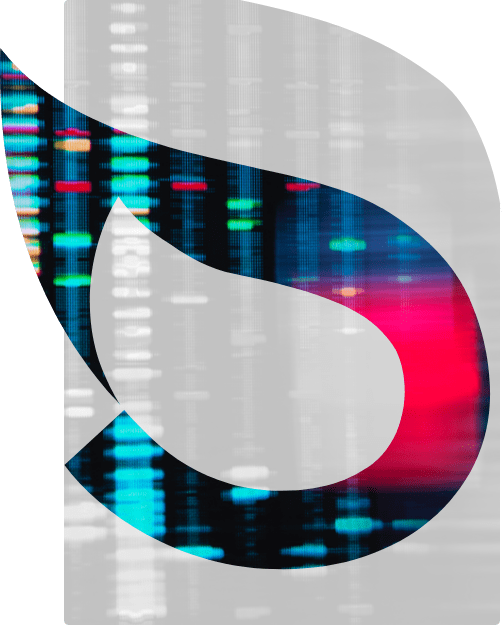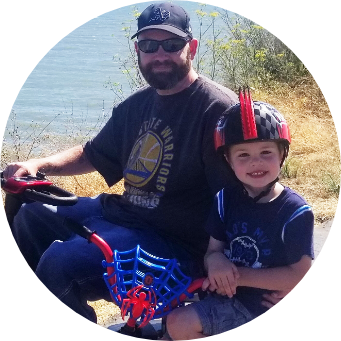
Steve Parker
Living with AMN
One Day at a Time
On a day in July, Steve Parker received two pieces of emotional news. At an ultrasound appointment with his...
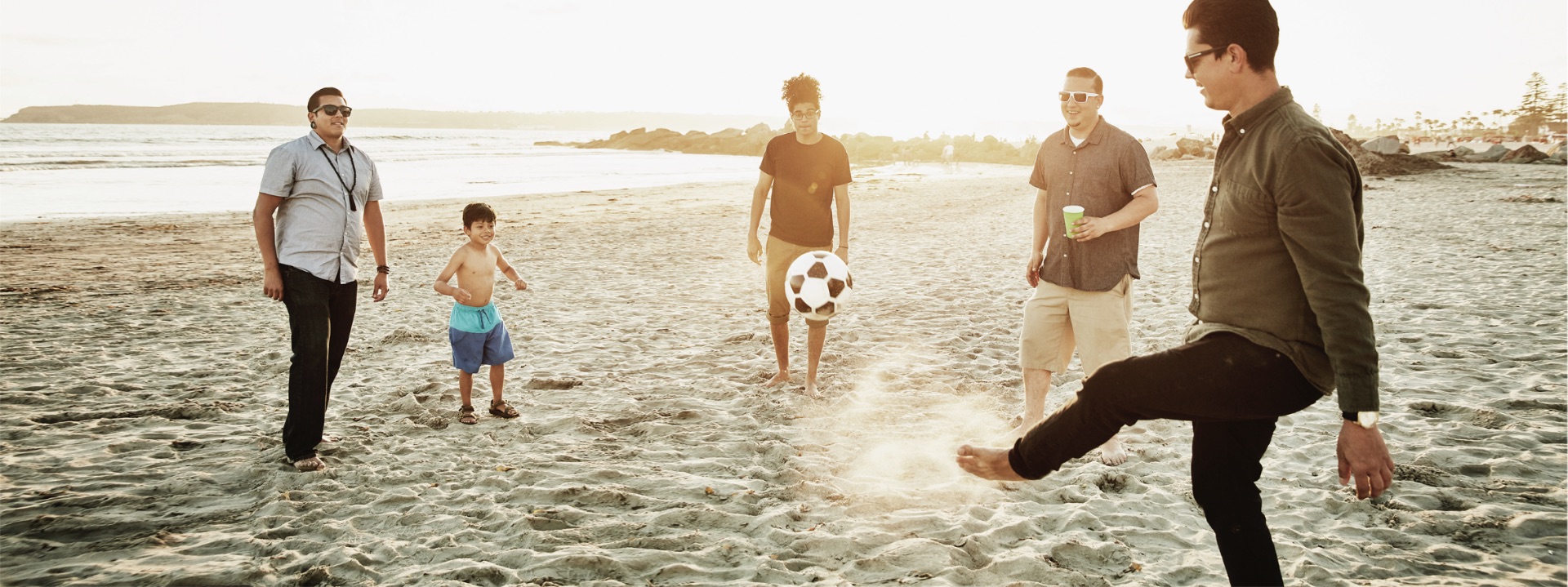

It’s within our grasp to deliver a therapy that transforms the future for people with spinal cord-related disorders. We won’t stop until we fulfill this promise to patients and to ourselves.

These are the stories of extraordinary people that inspire us every day.

In our team’s collective experience – which spans decades – we have worked with families coping with a variety of neurological disorders on their journeys for support and care.
Our understanding of what patients face in terms of quality of life and the toll these disorders take on families strengthens our commitment and ability to deliver new therapies and change outcomes.
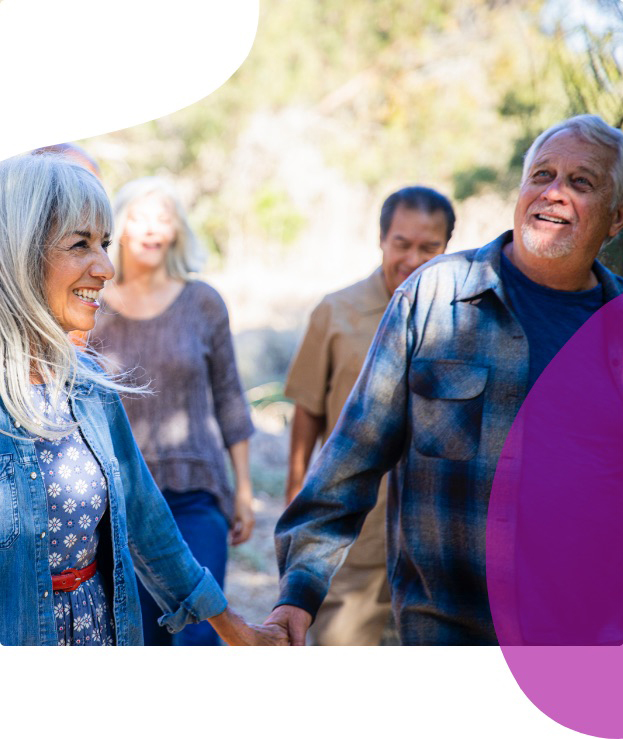
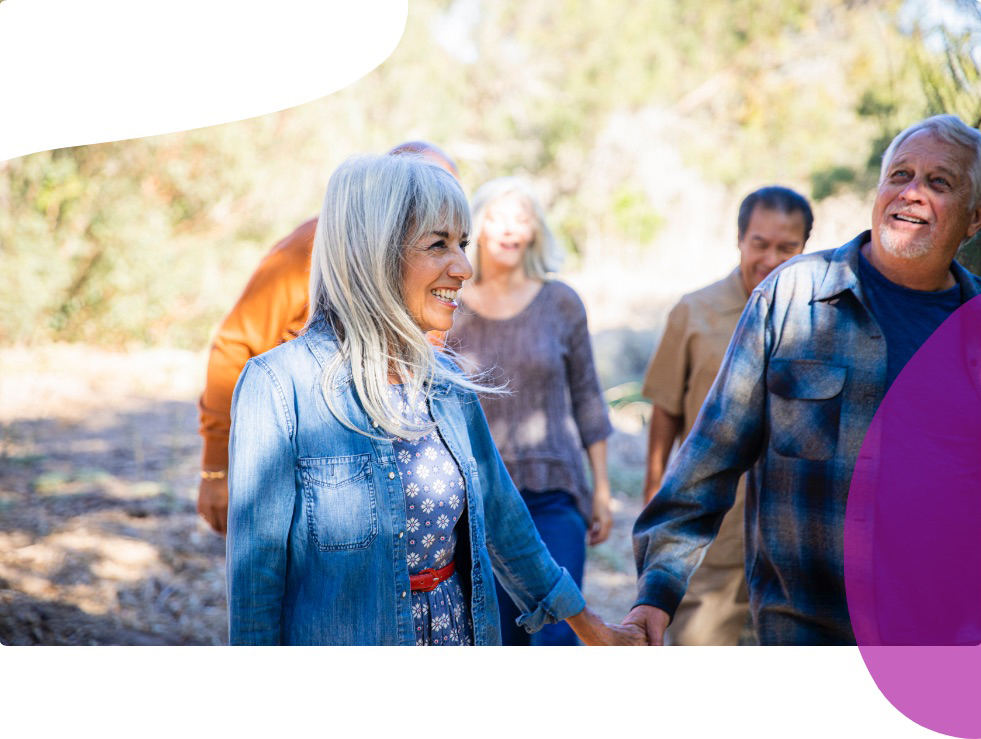
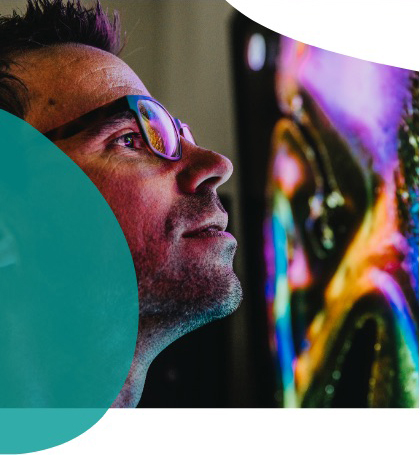
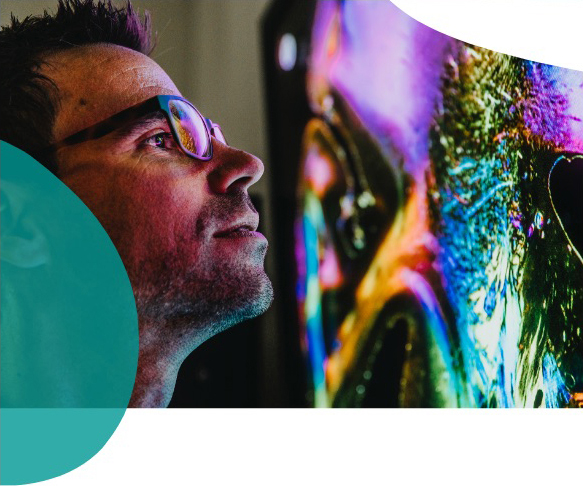
For many patients, the challenges associated with adrenomyeloneuropathy (AMN) begin with diagnosis.
Because AMN symptoms overlap with other more common diseases like multiple sclerosis (MS), the journey to a correct diagnosis may be long and difficult. Even though there are genetic biomarkers to indicate the disease, a physician has to know to test for it.
One diagnostic hurdle fell in 2016 when screening for these biomarkers was officially added to the Recommended Uniform Screening Panel in the U.S. Since then, different states across the country have started genetic screening for all newborns. Our founders were part of the team to advocate for such important testing. As a result, we now have a clear path forward for monitoring and evaluating patients with the ABCD1 genetic mutation that causes AMN. While today’s adults may still face obstacles, this represents significant progress.
The long-standing relationships we have with healthcare providers, clinical networks, and patient advocacy groups allow us to have unique access to natural history data, which may lead to faster clinical trial set-up and data readouts.
Driven by a sense of urgency for patients, we are taking a cross-functional approach to broaden scientific understanding of AMN and accelerate drug development.
Our approach to support better disease understanding includes biomarker identification, data generation for payers and regulators, technology, and natural history studies. The results of this work will help establish guidance around clinical trials, treatments, and care for patients, and will create a framework for evaluating treatments in the future.
